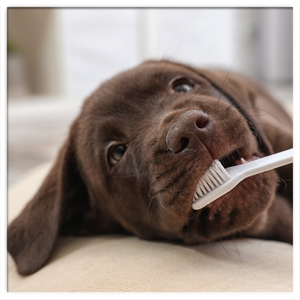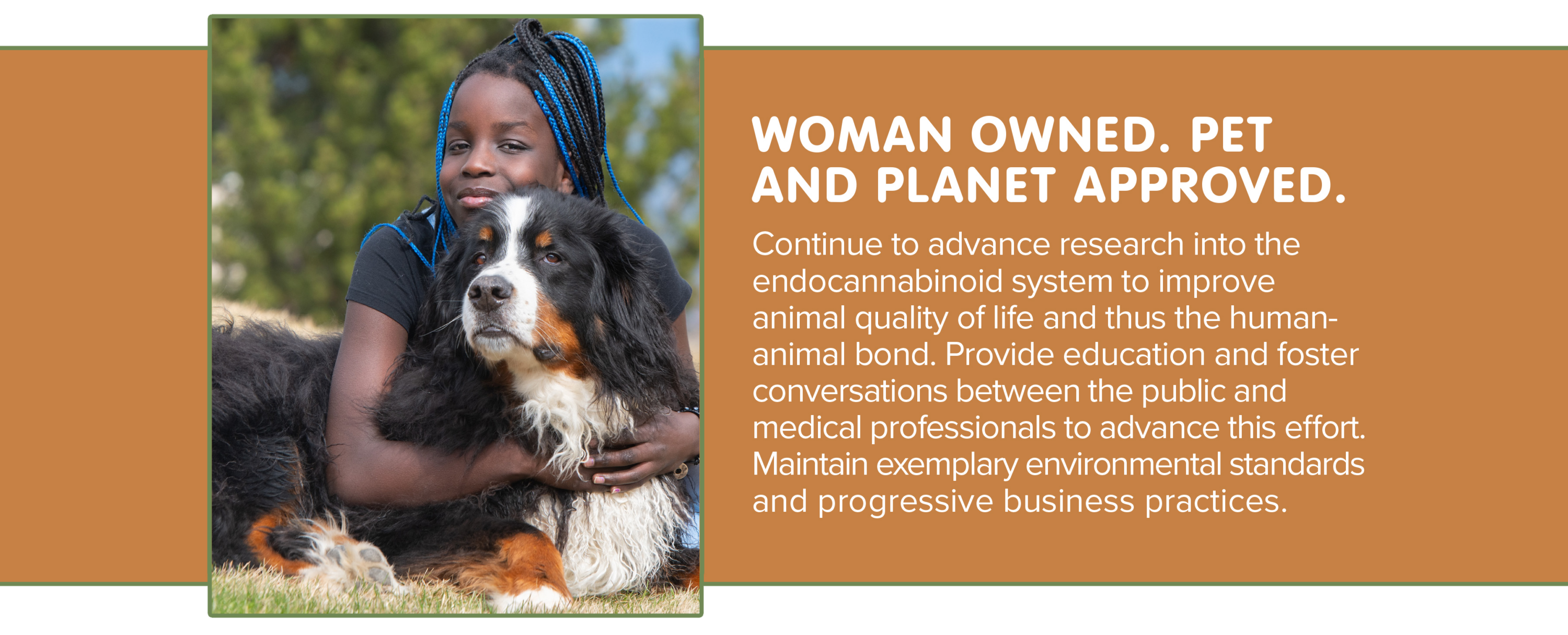Tips Every Pet Parent Should Know
 Our pets are such an important part of our families. We always want to make sure that we’re doing what is best for them to keep them happy and healthy. There is a lot of conflicting information, including older veterinary approaches, and it can be hard to know what the best options are. Here are some things that our veterinary professionals think important for pet parents to know.
Our pets are such an important part of our families. We always want to make sure that we’re doing what is best for them to keep them happy and healthy. There is a lot of conflicting information, including older veterinary approaches, and it can be hard to know what the best options are. Here are some things that our veterinary professionals think important for pet parents to know.
Nutrition
People often love the look of a chubby cat or dog, but weight maintenance in animals is critical to their health. That cute layer of fat causes a slew of problems including increased stress hormones, inflammatory compounds, and pressure on joints. It can constrict breathing — fat will settle into the areas around the lungs — and create pancreatic problems like diabetes.
To make it worse, food portion recommendations manufacturers include are rarely accurate, encouraging overfeeding for the average pet. Even when they are accurate, they can be too general to be of use. What do you do? Educate yourself. Talk to your veterinarian about how many calories your pet should be getting for your pet’s species, age, exercise regimen, and health status. And remember when you are calculating these to include ALL calories they are consuming. Once you have all this information, it’s time to discuss what diet is preferred for your pet’s ideal weight and overall health.
Preventative Care
Preventive care is both the healthiest and most cost effective approach to pet care. Gone for most of us are the days when we wait until our pets become sick or hurt before going to the vet. Annual and semi-annual exams are thankfully becoming more common, allowing you to catch imbalances before they create problems for your dog or cat.
It’s important to note that while procedures like dental cleanings and performing annual lab work may seem costly, they’re much more cost effective than treating a sick pet. And they’re some of the best ways to catch early signs of problems so you can alter your pet’s health regimen. In the case of dental health, offering raw chicken necks on a regular basis helps massage the gums and scrape plaque from dental surfaces, helping increase the time between anesthetic cleanings.
Routine Lab Work
Often times we would hear people say that they were reluctant to do lab work because they didn’t want to do a test when it might not tell us what was wrong. While the frustration is understandable, it’s also important to remember that lab results always give your veterinarian more information to work with. They may end up ruling something out rather than providing a diagnosis, but that is still additional information they didn’t have before.
Nothing is certain in medicine, and narrowing down the field of potential causes for an issue, usually narrows down the appropriate treatments, too. All of these things make it easier for your veterinarian to help your pet feel better in less time.
Vaccines
Yes, your pet needs them, though how frequently is determined by exposure and law. Like human children, puppies and kittens need a series of core vaccines, as well as a 1 yr booster, then potentially every 1-3 years for their adult life. If your cat goes outside or your dog visits off-leash dog parks, regular vaccination is best for them. Increased exposure means increased likelihood of infection, and while vaccinations often do not prevent contraction of an infection, they do help your pet’s immune system get ahead of the infection before it causes serious problems.
Indoor only cats and those dogs who prefer the home life and walks around the block, have less exposure and may not need ongoing vaccination. Some pets have negative reactions to vaccinations; these pets should have limited exposure to direct contact with other four-legged friends, even if those friends are vaccinated.
Be sure to check the laws for your area to see if there are any vaccine requirements; rabies vaccine requirements may change by county, so start with local ordinances. Also, talk to your veterinarian about which vaccines are appropriate for your pet’s lifestage and lifestyle. Discuss the pros and cons for your pets’ needs. One more tip: keep in mind
Parasite Control
Flea control is a year-round necessity in many places, and regular deworming helps their GI tract remain healthy, particularly if your pet is one with increased exposure like outside cats and dogs visiting off-leash parks. Discuss with your pets’ veterinarian whether natural or prescription dewormers are preferred. Feeding raw food diets and offering healthy grasses to gnaw on may help reduce parasite load naturally.
In more temperate areas where there are no extended freezes, no “flea season” exists where you time to give meds and a time when you don’t. And it is much more difficult to rid yourself of a flea infestation than it is to prevent it in the first place. Again, natural therapies like diatomaceous earth are excellent for environmental needs, but talk to your veterinarian before using anything on your pet. Essential oils can be very helpful in preventing flea and tick infestations, but make sure to use them under the direction of a veterinarian.
You want what is best for your pet and our veterinarians want to help support that as part of their care team. Together, we can make sure you and your pet enjoy each other’s companionship for many years to come.





